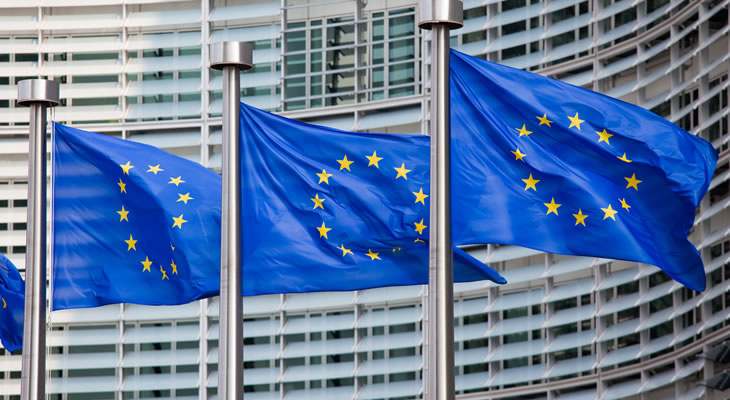The Euro to Pound Sterling (EUR/GBP) exchange rate remained stronger as the session progressed as the Bank of England (BoE) policy meeting minutes continued to weigh. Economists are now looking ahead to Thursday’s European Central Bank meeting in which policy makers are expected to announce a quantitative easing programme.
Earlier the Euro to Pound Sterling (EUR/GBP) exchange rate firmed on Wednesday as January’s Bank of England (BoE) policy meeting minutes showed that members of the Monetary Policy Committee voted unanimously for the first time since July to leave interest rates unchanged.
The minutes showed that previous dissenters Ian Mcafferty and Martin Weale dropped their calls for an interest rate rise after inflation tumbled last month to 0.5% a joint record low.
‘The fall in near-term inflation might become more persistent if it lowered inflation expectations, pay and other cost growth in a way that became self-perpetuating. There was a risk of inflation persisting below the target for longer than previously expected,’ said the minutes.
Members of the Policy Committee said that an interest rate rise now would cause below target inflation to continue. The minutes caused the Pound to slide against the majority of its most traded peers and caused investors to raise their bets that the Bank of England will not raise rates until 2016 at the earliest.
Euro to Pound Sterling (EUR/GBP) Exchange Rate Forecast to Fall
Sterling’s losses are forecast to be limited as despite the Bank of England Minutes, the rest of the data released out of the UK came in positively and showed that unemployment in the nation fell more than economist expectations in the three months through November.
The number of Britons claiming unemployment benefits fell for a 26th consecutive month in December, the longest run of declines recorded since 1998. The number of benefit claimants dropped by 29,700 and the number of claims in November was revised to show a fall of 29,600 from the initial figure of 26,900.
Earnings growth data also came in positively as it showed that wages excluding bonuses increased by 1.8% from the preceding year and was up by 1.6% on a quarterly basis. The increase is the biggest seen since the third quarter of 2012.
‘With earnings growth likely to strengthen as 2015 progresses and inflation being extremely low, workers should see a marked improvement in their purchasing power which bodes well for consumer spending. The government will certainly be hoping this makes people feel better about life and more prepared to vote for them in May’s general election,’ said Howard Archer, economist from IHS Global Insight.
ECB Policy Meeting in Focus
The Euro is likely to soften later in the session as market attention turns to Thursday’s European Central Bank policy meeting where policy makers are expected to introduce new monetary easing measures, which could include a quantitative easing programme.

